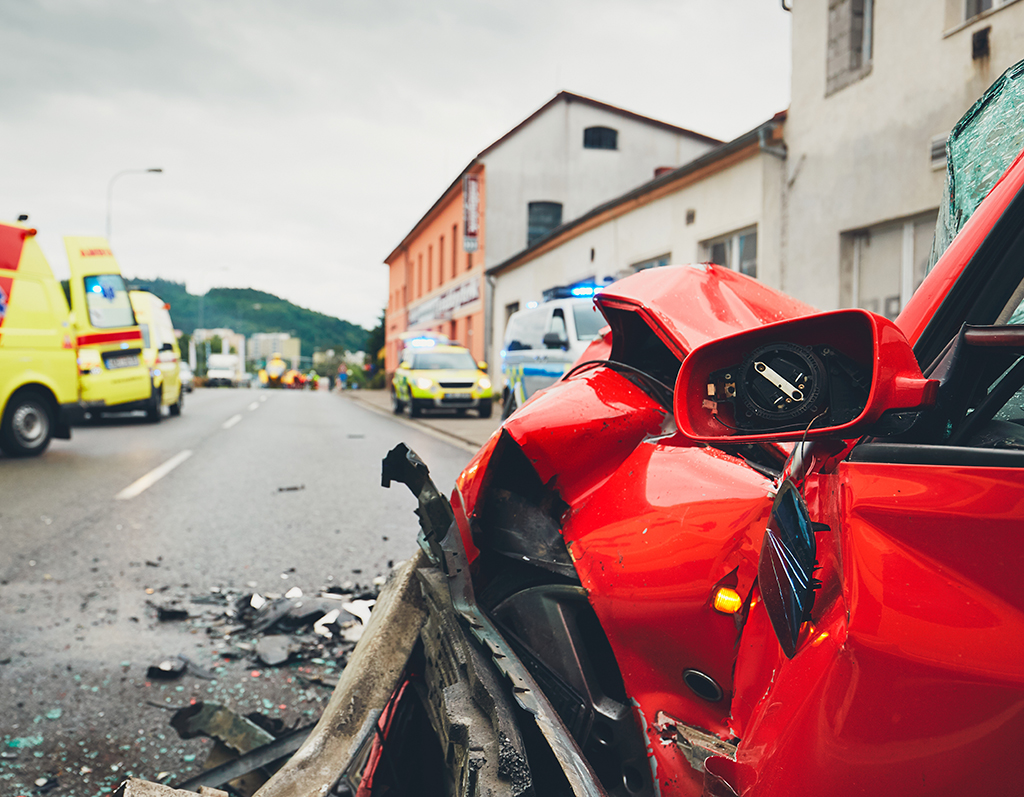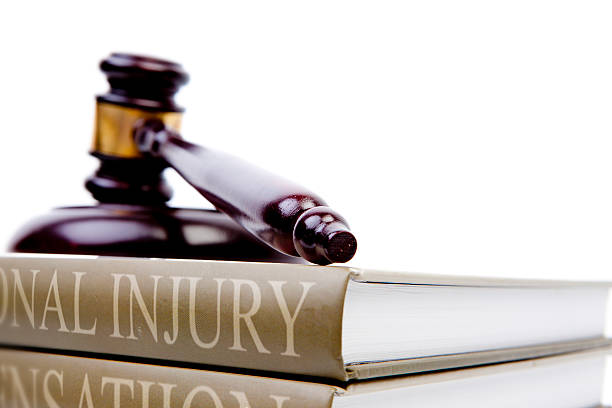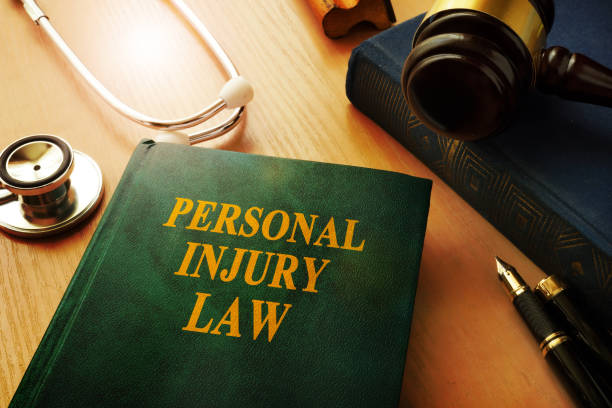The aftermath of an automobile collision can be quite daunting; but, if you are prepared and know the appropriate procedures to take, you can preserve your safety and your legal rights. We will walk you through what to do following a car collision using our step-by-step checklist, guiding you through what to do in terms of safety as well as legal issues.
Put an emphasis on safety:
Conduct a safety check on both yourself and those around you. In the event that there are major injuries, dial 911 immediately.
Move your vehicle to the shoulder of the road as soon as it is safe to do so in order to prevent additional collisions.
Especially when it’s nighttime, you should turn on the hazard lights and set up warning triangles or flares.
Make contact with the authorities:
Even if it seems like a small mishap, you should still report it to the police. For purposes of both insurance and the law, an official police report can be quite useful.
Information Should Be Traded:
Inform the other driver(s) of your contact information, insurance information, and vehicle information.
Collect the contact information from anyone who saw the accident and can provide it.
Take Pictures and Notes:
Take pictures of the scene of the collision, the damage to the vehicles, the license plates, and any relevant road signs or signals.
Do Not Confess Responsibility:
Stay away from apologizing or admitting fault, even if you believe that you may have contributed to the problem. After the fact, an investigation can help determine who was at fault.
Please Seek Out Medical Help:
Even if you don’t think you need it, you should still think about going to the doctor. It’s possible that certain injuries won’t be obvious right away.
Always make sure to keep a record of any medical treatment, medications, and visits to the doctor.
Inform Your Insurance Company of the Following:
Immediately after the accident, report it to your insurance company so that they can begin processing your claim. Make sure you follow their reporting procedures when the issue occurs.
Collect the Evidence:
Obtain a copy of the report that was filed with the police.
Documents pertaining to the accident, such as medical bills, estimates of the cost of repairs, and correspondence with insurance companies, should be carefully kept track of.
Talk to a Lawyer About It:
Consider speaking with a personal injury attorney if you or your property suffers substantial damage or injuries as a result of the incident. They are able to assist you in defending your rights and navigating the legal system.
Reduce the Amount of Communication:
When describing the accident, exercise extreme caution. Try to avoid communicating with the other driver’s insurance company unless your attorney advises you to do so.
Acquire an Understanding of Your Rights:
Make sure you are aware of your legal options for seeking compensation for your medical expenses, damaged vehicle, lost pay, and pain and suffering.
Maintain a Record of:
After the accident, it is important to document both your physical and emotional state. If you choose to pursue legal action, this record can be used as evidence to help support your case.
Observe All of the Doctor’s Recommendations:
Always carefully follow your doctor’s orders, and don’t miss any of your scheduled appointments. This displays your dedication to your recovery, so congratulations!
Think About Taking Legal Action:
You should speak with your attorney about the possibility of filing a personal injury claim if another party’s negligence caused the accident and you suffered significant damages as a result.
Keep in mind that the actions you take in the moments immediately following a car crash can have a substantial influence on your overall safety, well-being, and legal rights. Your health should be your top priority, information should be gathered, and legal advice should be sought out as appropriate to ensure that you are adequately protected and able to effectively manage the aftermath of the event.











